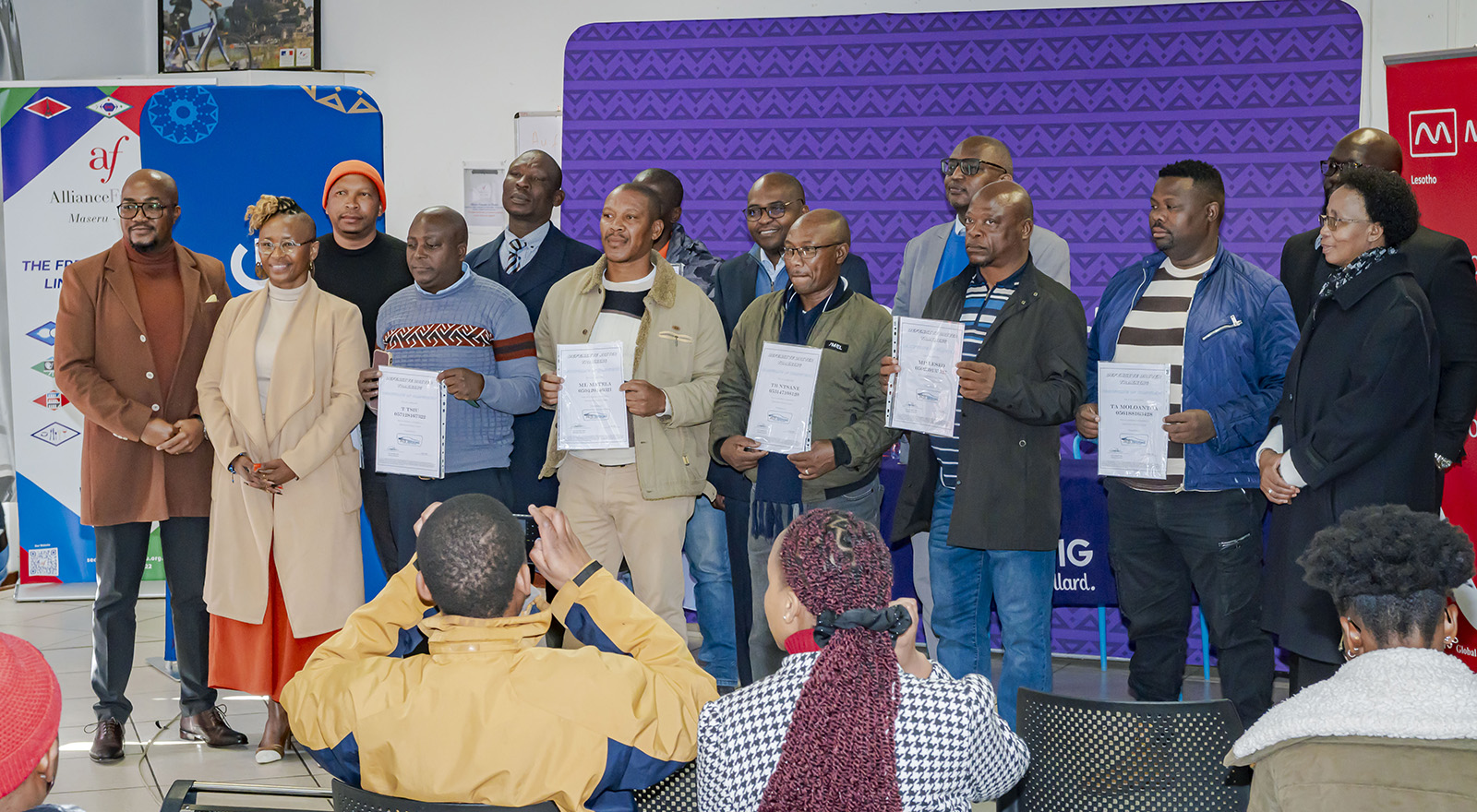Breaking the silence on disability and GBV

SHARE THIS PAGE!
Women and girls with disabilities in Lesotho face unique and compounded challenges that significantly increase their vulnerability to gender-based violence (GBV), compared to their non-disabled peers.
Recognising these struggles, the Lesotho National Federation of Organisations of the Disabled (LNFOD), an umbrella body advocating for the rights of persons with disabilities, conducted the 2024 Gender Gap Analysis and Baseline Study for Strategic Partnership Gender and Disability in Practices – Phase II.
Focusing on economic empowerment, vulnerability to GBV, access to sexual and reproductive health and rights (SRHR) services, and inclusiveness, the study seeks to highlight the intersectional issues confronting women and girls with disabilities, particularly within the context of GBV.
Conducted in the districts of Butha-Buthe, Berea, Mokhotlong, and Leribe, the study reveals alarmingly high rates of GBV against women and girls with disabilities. According to the findings, they are more likely to experience sexual violence, followed by emotional abuse, often with minimal access to justice or support services.
Data from LNFOD’s 2020 Gender Analysis Study also revealed that SRHR services in Leribe, Berea, Maseru, Mafeteng, and Mohale’s Hoek remain largely inaccessible for women and girls with disabilities. Furthermore, GBV in communities is disproportionately high for this group.
In some cases, abuse takes place in institutions meant to provide safety and care. A mother of a nine-year-old girl with a hearing disability shared her heartbreaking experience anonymously to protect her child’s identity. She recounted how her daughter was abused at a boarding school for deaf children in 2023.
“It was supposed to be a place where my daughter could receive quality education and feel supported. Instead, it became a place of trauma, fear, and pain,” she said.
Although rumours of abuse had circulated about the boarding section, the mother had dismissed them because her daughter’s experience as a day scholar had been positive. However, things changed dramatically once her daughter became a boarder.
“One day, I felt uneasy and decided to visit the school earlier than usual. I was shocked and saddened to see red bruises on my daughter’s body, especially on her face. Her fair skin made the bruises even more visible,” she recalled.
When she confronted the matron, who was also the school principal, the woman admitted to biting the child and nine others as punishment for allegedly drawing tattoos on their bodies.
The mother reported the incident to the Teyateyaneng police, the Child and Gender Protection Unit (CGPU), and LNFOD. The case was taken to the Berea Magistrate’s Court, where the principal was fined M5,000. However, the fine was reduced to M2,500 due to her status as a first-time offender and her role as a caregiver to children with special needs.
Although dissatisfied with the outcome, the mother finds some comfort in the positive changes that followed.
“Other parents have told me that since the case, there are no longer any signs of physical abuse at the school,” she noted.
The study calls for targeted interventions to protect women and girls with disabilities from GBV. Recommendations include improving access to support services, training healthcare providers and law enforcement on disability-inclusive practices, and promoting policies that address their specific needs.
LNFOD Programme Officer, ‘Masenono Letsie, emphasised the heightened vulnerability of this group.
“Women and girls with disabilities face dual challenges – gender-based discrimination and the limitations imposed by their disabilities. Their dependence on caregivers often makes them easy targets for abuse by those they trust,” she said.
To bolster its efforts, LNFOD has established a Local GBV Stakeholder Platform, which brings together key players including the Ministries of Social Development and Gender, the CGPU, civil society organisations (CSOs), and community leaders.
“By amplifying survivors’ voices and advocating for policy reform, we aim to build a more inclusive and protective environment for women and girls with disabilities,” explained Letsie.
She added that addressing SRHR and GBV is essential for promoting their economic empowerment, political participation, and access to education, including retention and graduation.
Speaking at a recent event, Chief Lebaka Marabe of Ketane, Mohale’s Hoek, stressed the importance of community leadership in addressing GBV.
“Violence against women and girls, whether they have disabilities or not, is a violation of our community’s values. They deserve respect, protection, and equal rights,” he noted.
Chief Marabe called on traditional leaders to take an active role in breaking harmful stereotypes and ensuring access to justice. “Too often, cases involving disabled girls are settled informally, without involving police or the courts. This perpetuates cycles of abuse and denies victims the support they deserve,” he warned.
International organisations have also joined the fight. The United Nations Population Fund (UNFPA) has developed guidelines to ensure that SRHR services are inclusive and accessible. These guidelines advocate for rights-based, gender-responsive services that address both SRHR and GBV for women and young persons with disabilities.
In a significant development, Lesotho signed the Protocol to the African Charter on Human and People’s Rights on the Rights of Persons with Disabilities in Africa during the African Union Summit in Addis Ababa in February 2024. Article 27(k) of the Protocol guarantees the sexual and reproductive rights of women with disabilities, ensuring bodily autonomy and protection from forced sterilisation – a prevalent abuse in some contexts.
This provision is particularly groundbreaking within the African landscape, where harmful social attitudes often threaten the SRHR of women with disabilities. The Protocol affirms that they, like all women, have the right to make decisions about their bodies and relationships.
The Sustainable Development Goals (SDGs) also promote gender equality and disability inclusion. SDG 5 specifically, addresses gender equality, while disability is mainstreamed across various goals including education, health, and employment.
The SDGs adopt an intersectional approach, ensuring that no one is left behind in the pursuit of sustainable and inclusive development.
As Lesotho takes strides in signing protocols and implementing studies, the journey towards safeguarding the rights and dignity of women and girls with disabilities continues.
Through collective action, stronger policies, and inclusive support systems, lasting change is possible.
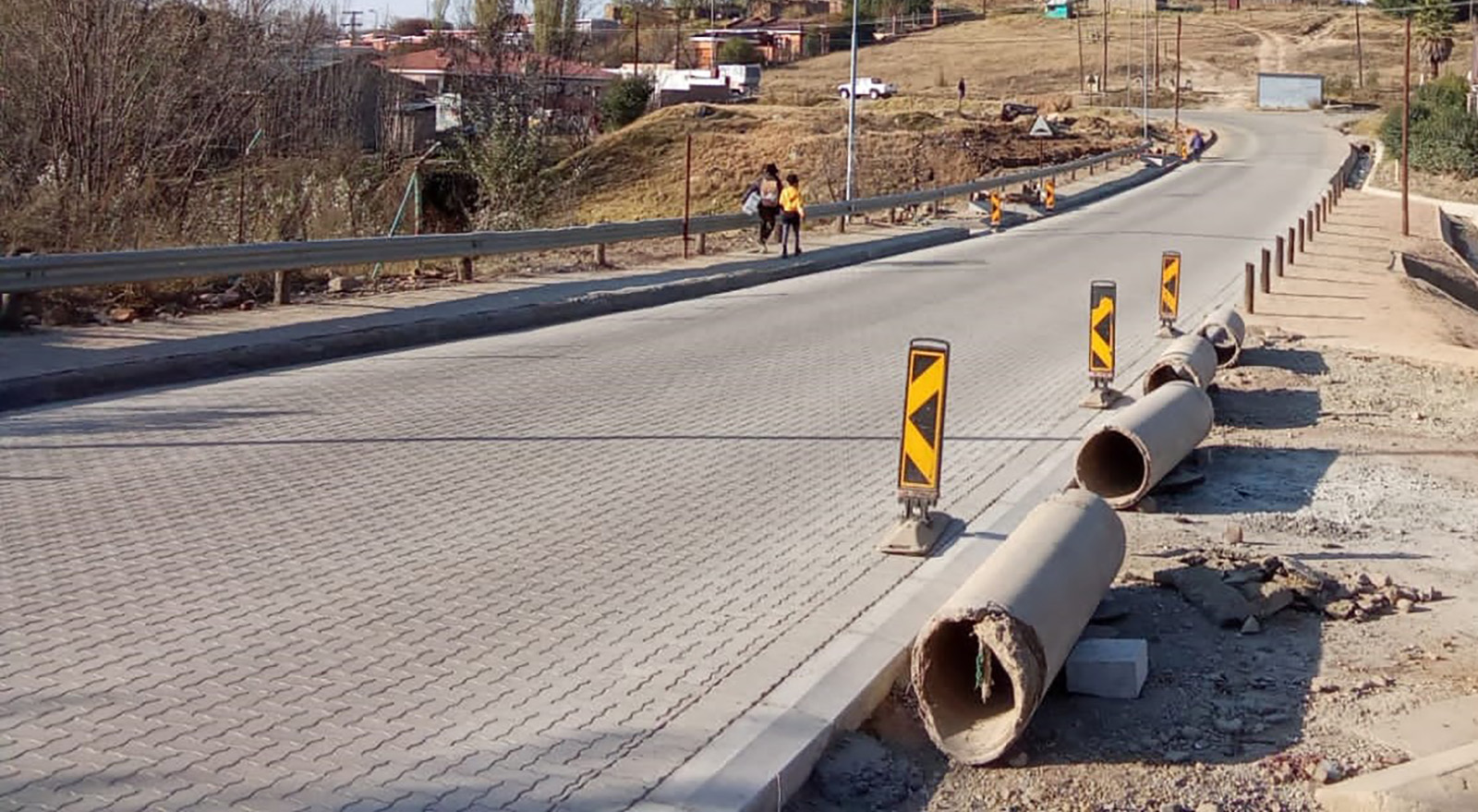
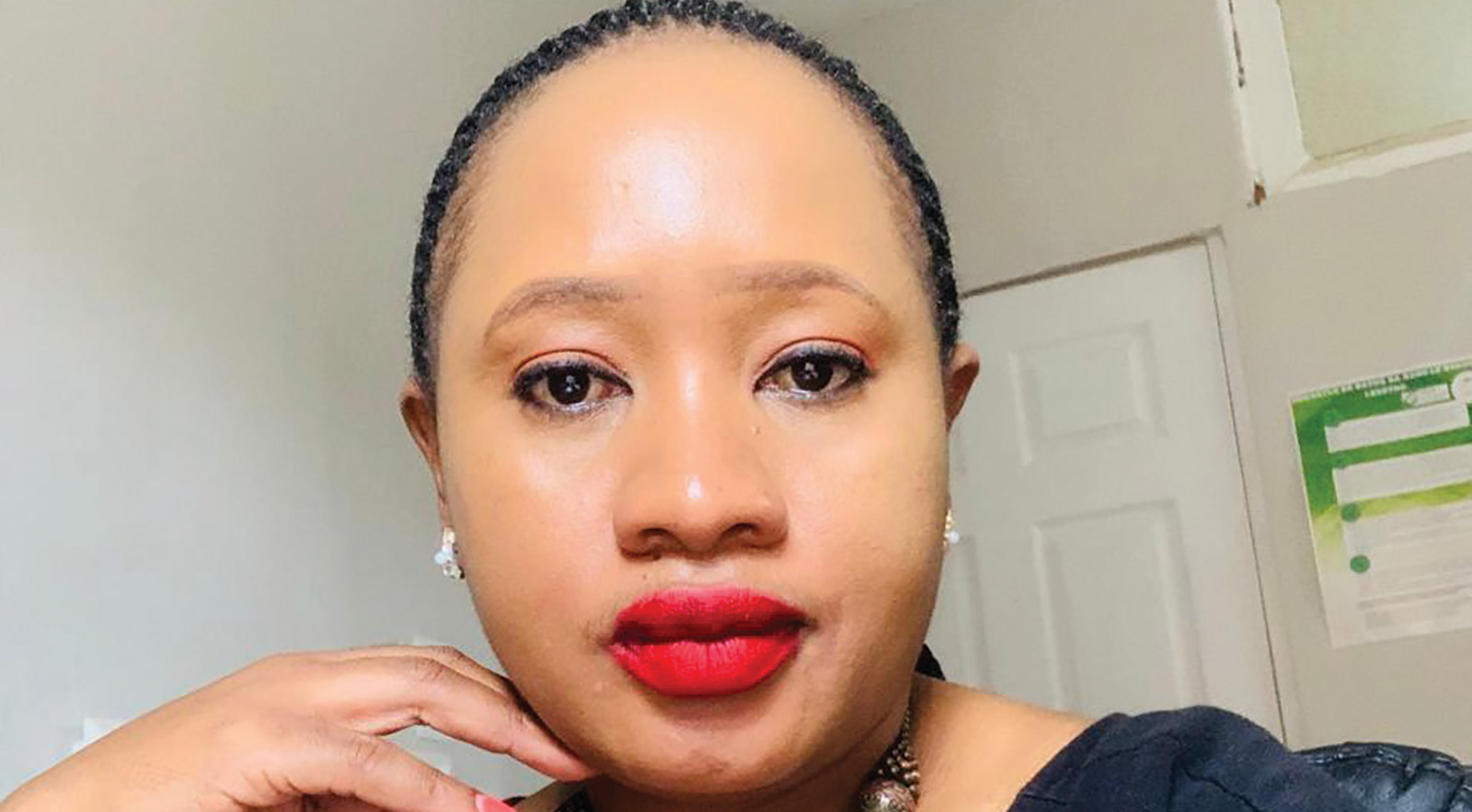
Breaking the silence on disability and GBV
7 days ago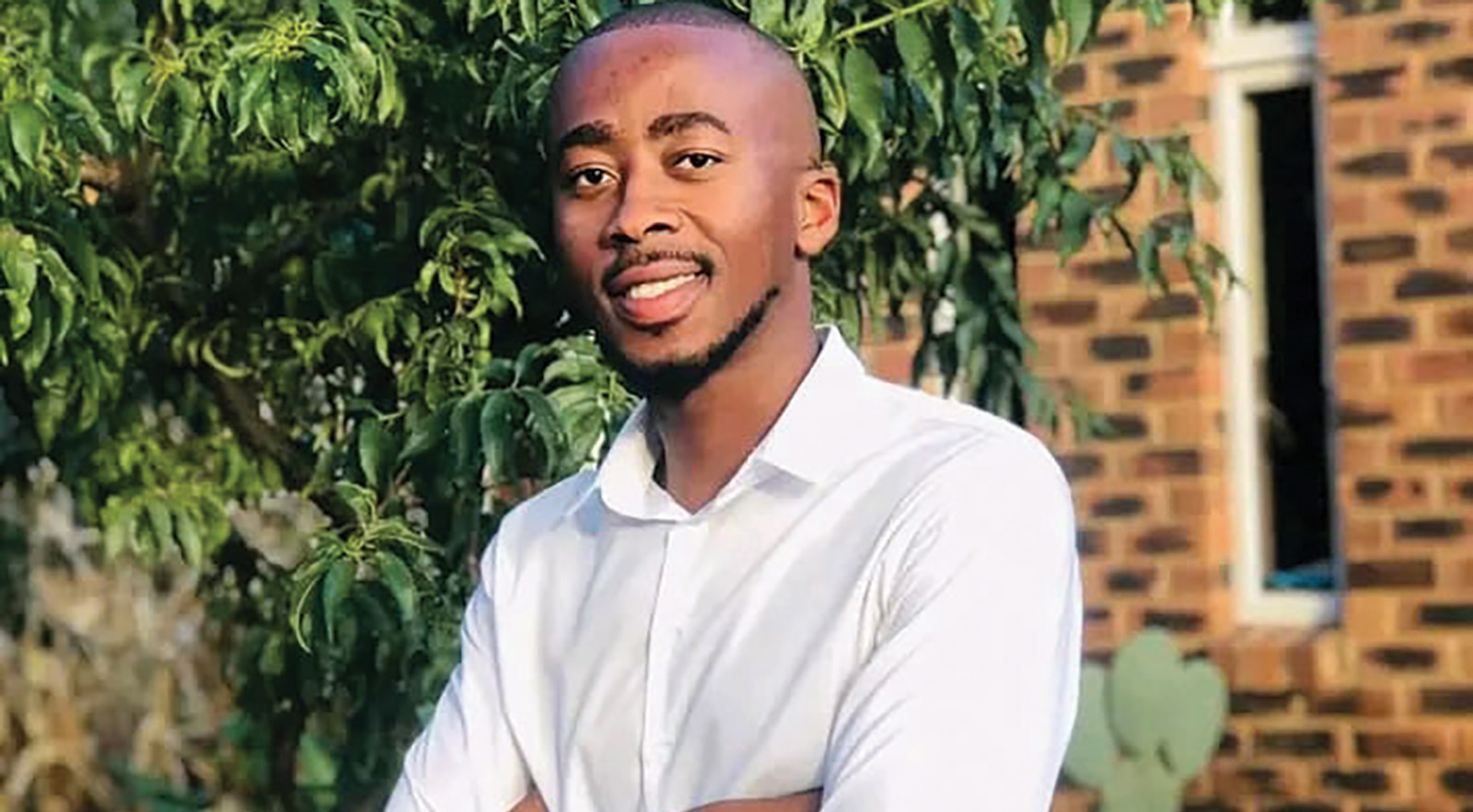
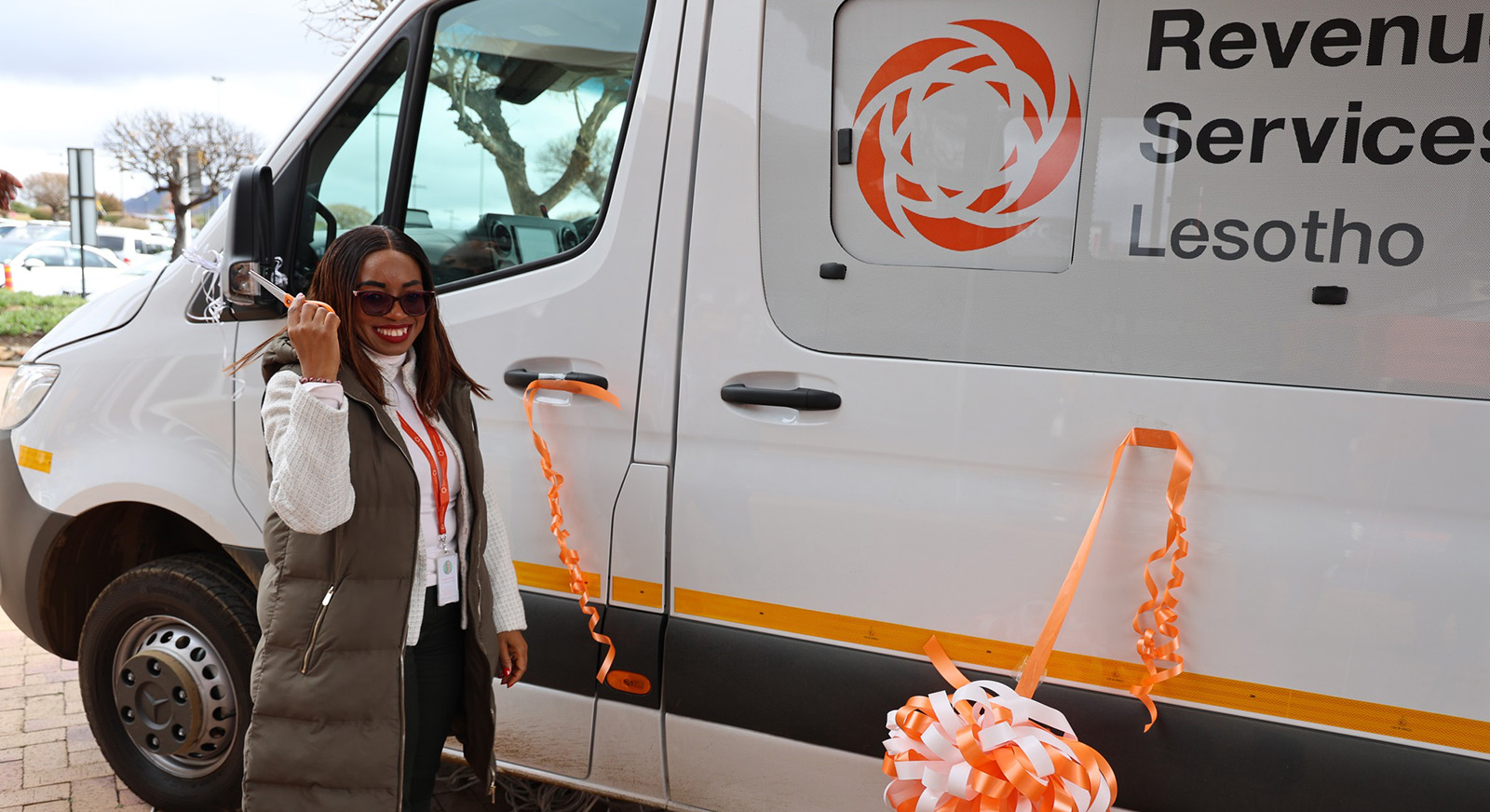
RSL launches mobile offices
9 days ago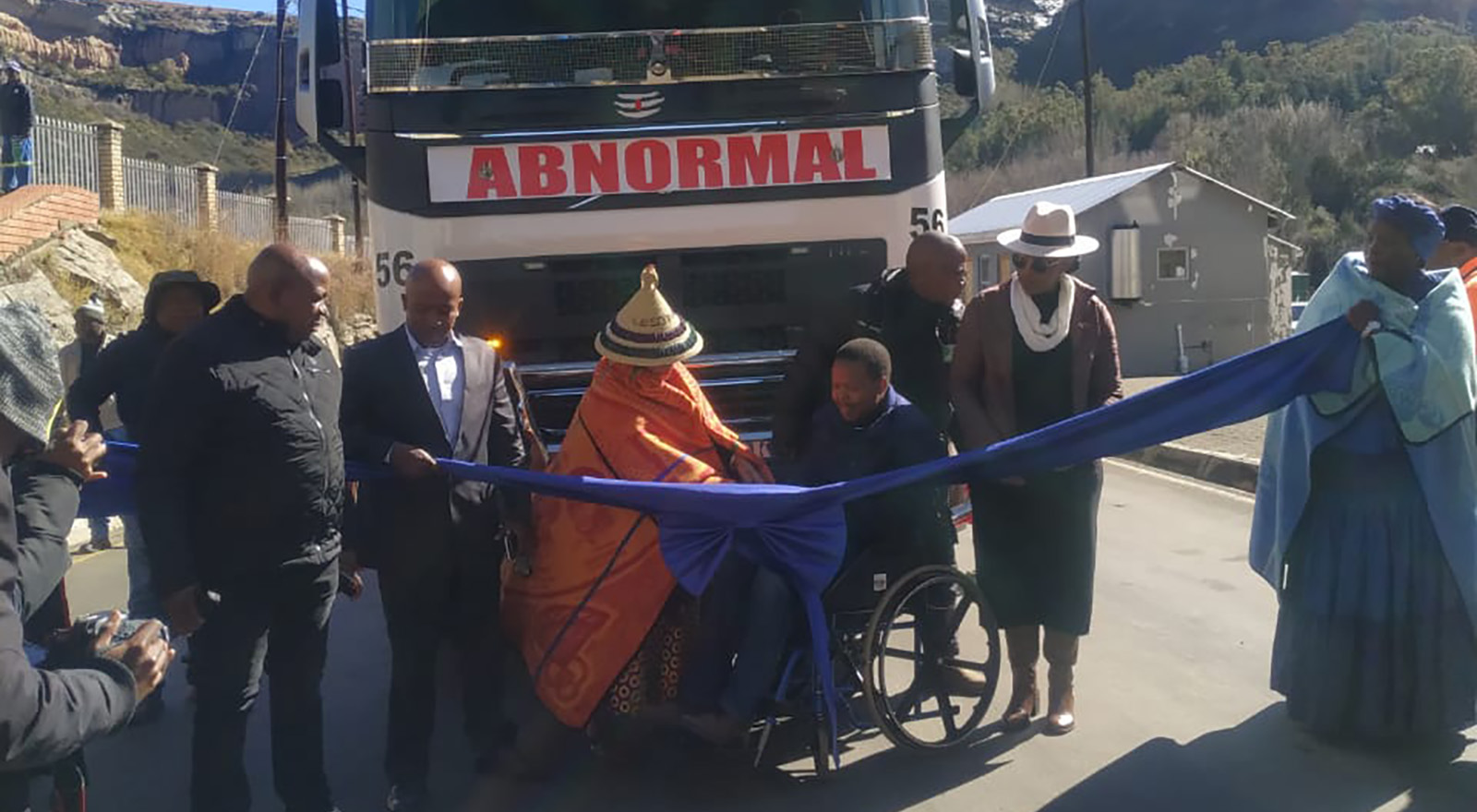
Second TBM arrives in Lesotho
9 days ago
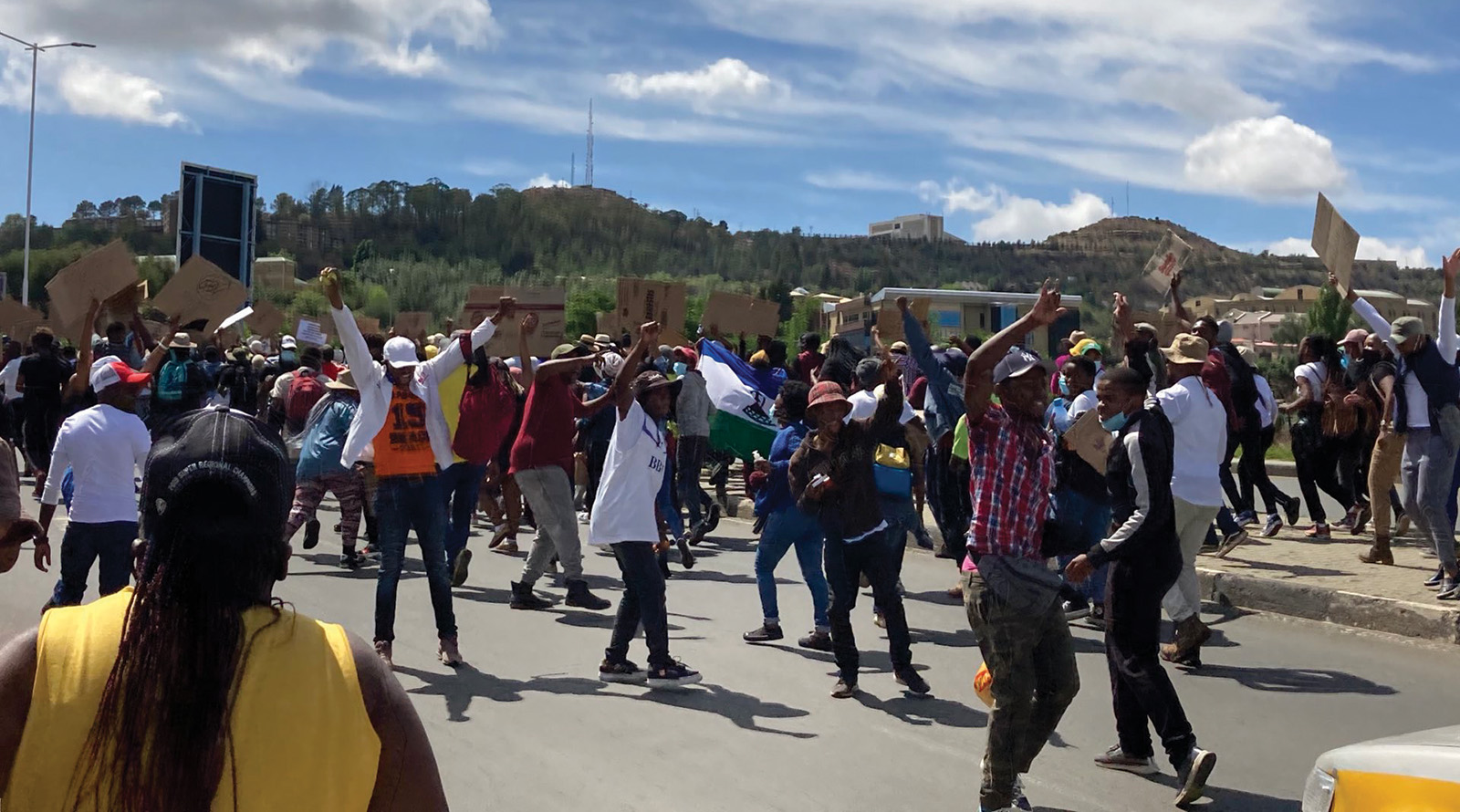
Youth accuse police of sabotaging protest
9 days ago
LCS officers demand standard salaries
9 days ago
Govt ordered to suspend vendors’ eviction
12 days ago